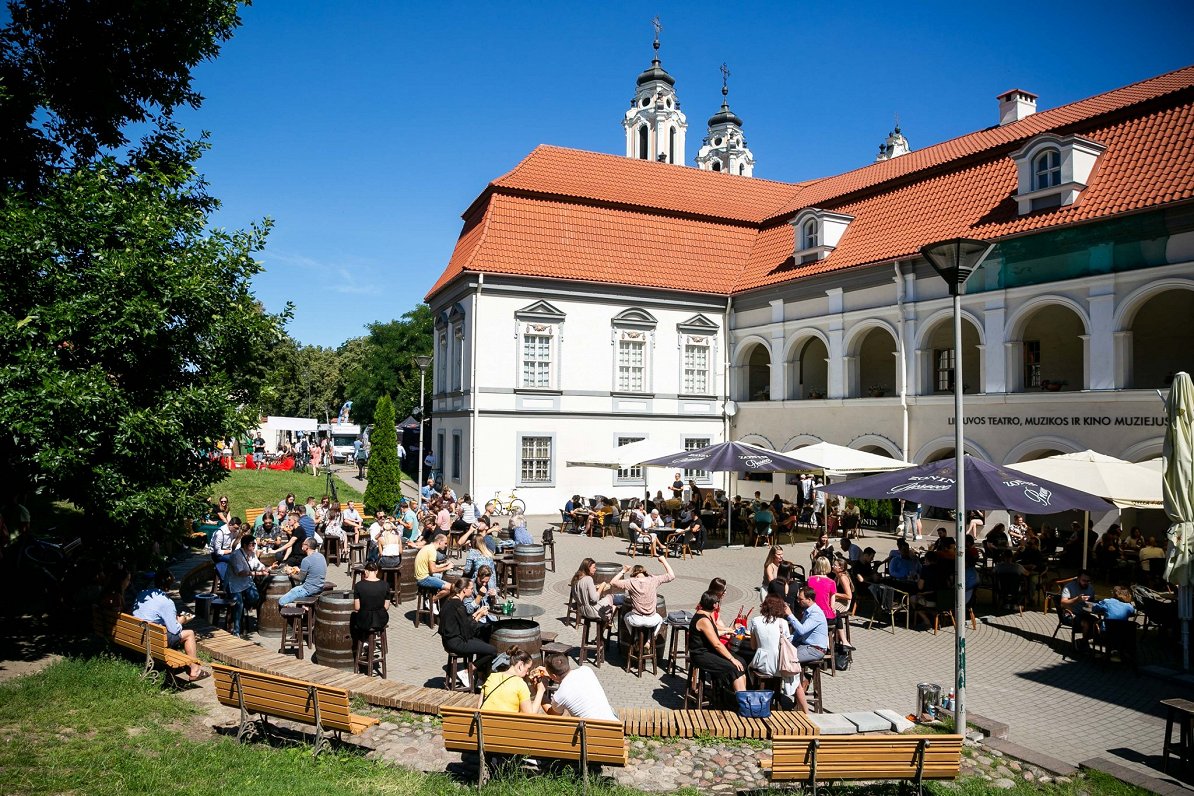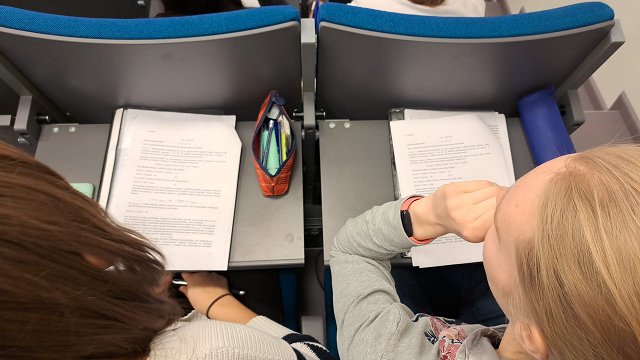Latvian Radio reported July 29 that while tourist flows in neighboring Estonia and Lithuania are certainly improving, as many local residents hurry to enjoy their vacations outside the country, prices in Estonian and Lithuanian hotels have not yet really returned to pre-pandemic levels. In addition, industry leaders say they now have to face a shortage of employees.
As the executive director of the Lithuanian Hotel and Restaurant Association Egle Ližaitīte explained in an interview with Latvian Radio that the war in Ukraine currently has a great impact on the industry. Many group bookings have been canceled both in spring and summer amid fears of travelling to Eastern Europe in general. However, hotel owners, especially in Vilnius, are more or less satisfied with current occupancy rates. The demand in June and July this year was approximately the same as the level before the pandemic.
Ližaitīte said: "The results of the year do not look very promising so far. For now, we are only happy about June and July. We hope that maybe in August demand will reach pre-pandemic levels. Prices in hotels are currently either lower than before the pandemic or at the same level as before the pandemic."
The outlook for the future is not particularly encouraging, given the energy price crisis and rising inflation, which is affecting both clients and providers of tourist services.
The executive director of the Estonian Hotel and Restaurant Association, Killu Maidla, pointed out that costs have clearly increased in the last two years, especially in the last six months, but this has not yet had a big impact on the final price.
"It is a difficult situation and the question is how much of a price increase the consumer is willing to accept. And I see that because of this fear, several restaurants raise their prices quite moderately and they pay for it from their profits," Maidla noted.
There is a slight increase in prices in restaurants, which can be explained by the increase in food prices. On the other hand, hotel prices, for example in Tallinn, have increased compared to last year, but they still have not reached the pre-pandemic level.
Maidla explained: "When we compare prices with 2019, we are still 10% to 15% below this level, so we have not yet reached pre-pandemic levels in terms of prices in hotels in Tallinn."
Maidla reminded that the price increase should also be seen taking into account the fact that it is summer and demand has increased, and in places such as Pärnu, Kuressaare and Saaremaa, the demand is very high and the prices have slightly increased. In these places, they have also increased compared to the pre-pandemic level.
The amount of price increase in hotels in Estonia is on average 10% to 15%, but it is observed only on weekends, when there is a high demand.
Maidla admitted that in general the demand in the industry is not bad, however, it is felt that it is lower, because Estonians, like the residents of other countries, are taking opportunities to travel to further destinations this summer and so local demand is weaker.
The heads of both the Lithuanian and Estonian Hotel and Restaurant Associations admitted that there are problems with the workforce in the industry. This is due to the fact that many workers in the industry quit or were laid off during the pandemic, but now, as demand picks up again, there is a shortage of people.
In both countries, people from Ukraine are joining the industry, but they currently fill only a small part of the vacancies.
Maidla, executive director of the Estonian Hotel and Restaurant Association, stated: "On average, the sector has lost approximately 10% to 15% of employees in Estonia. We lost about 30% during the pandemic. But basically the situation is even worse. The migration law is also strict and it is not easy to attract foreign workers here. Of course, we try to attract Ukrainians as much as we can. But it is still not enough and the sector needs new professionals."
Ližaitīte, executive director of the Lithuanian Hotel and Restaurant Association, also explained that many employees have left the sector, while people's interest in seasonal work in this field is not particularly high. In Lithuania, according to Ližaitīte's estimates, around a quarter of employees are currently missing. The sector employs about 2,000 Ukrainians in Lithuania, or about a seventh of all employees.
























